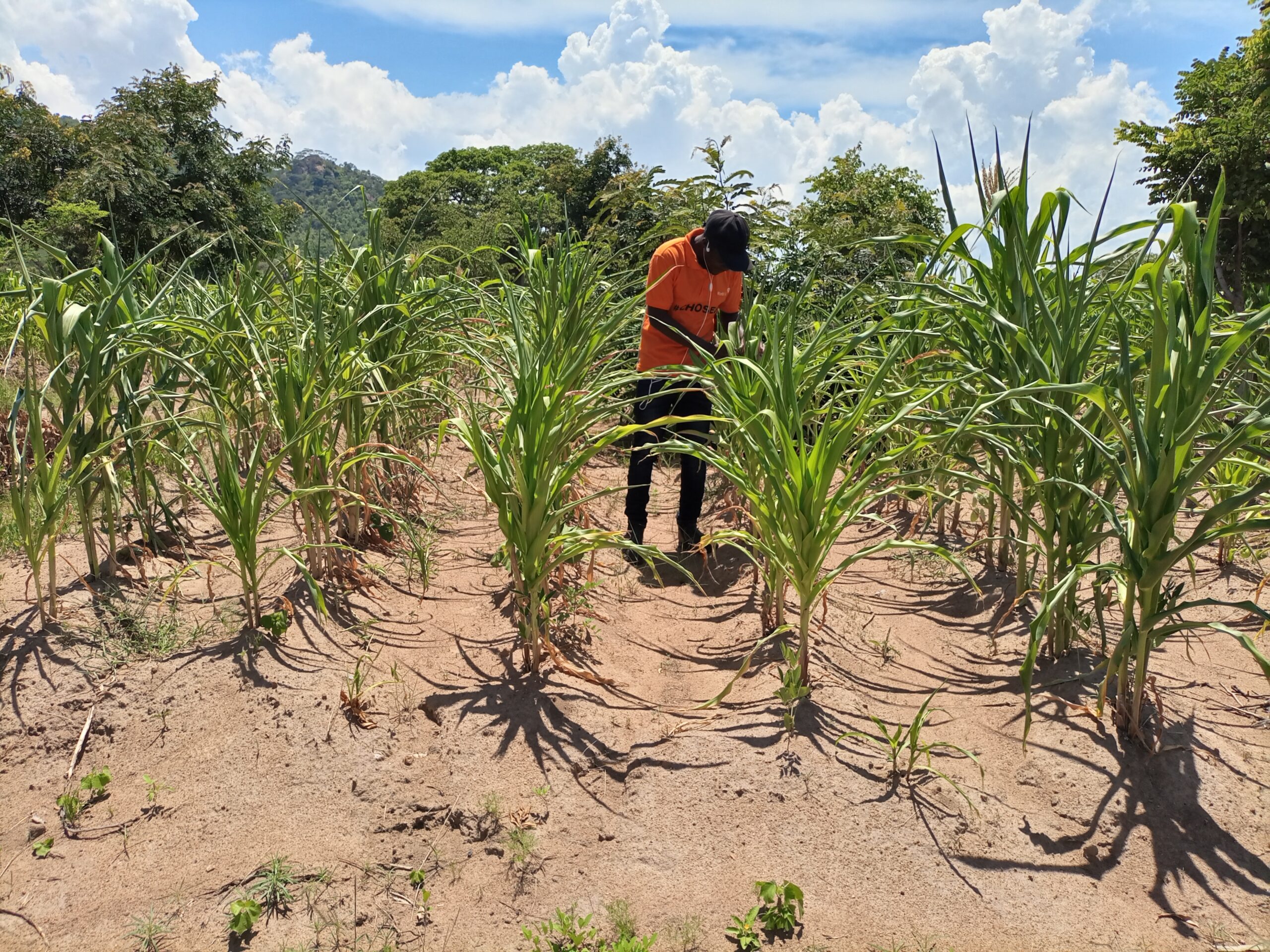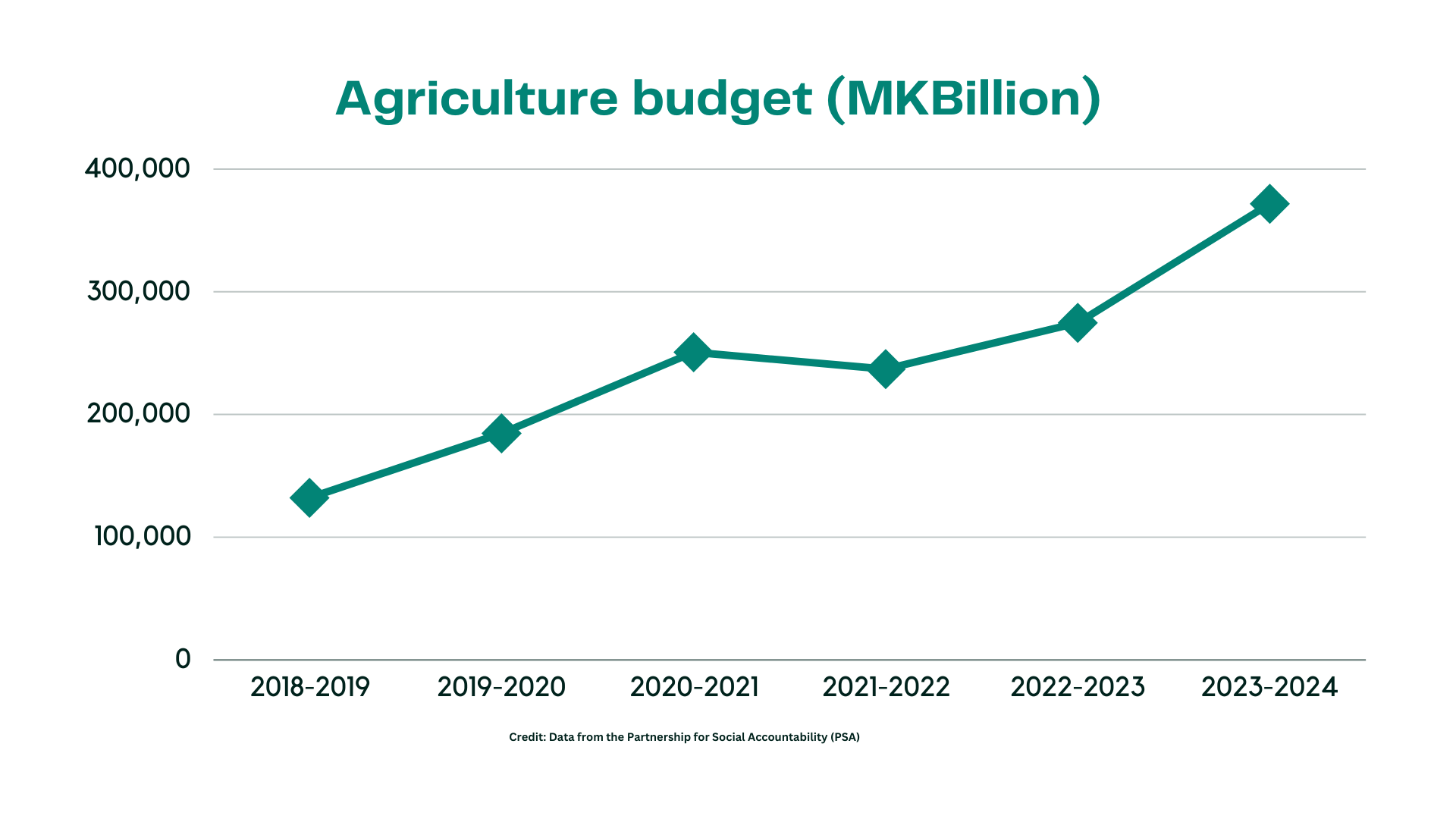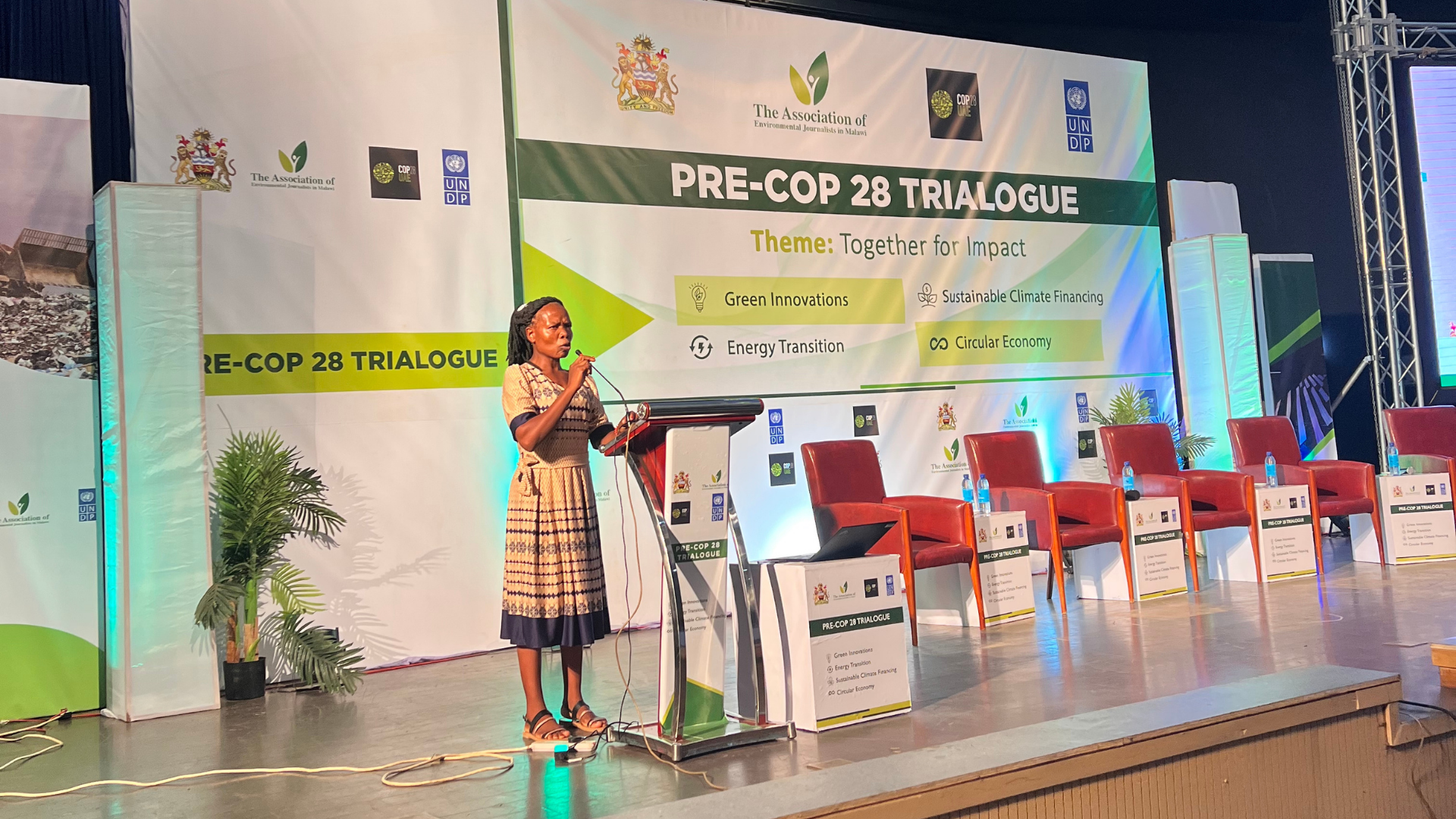Amidst the hardship of Enifa Malembo’s life, her husband’s departure from the village in search of food during a time of hunger and the devastating effects of El Niño in 2017 left an indelible mark.
Charles Kabena
Amidst the hardship of Enifa Malembo’s life, her husband’s departure from the village in search of food during a time of hunger and the devastating effects of El Niño in 2017 left an indelible mark.
Lake Chilwa, their primary source of livelihood, had dried up, stripping away their means of sustenance.
“For most of us on that side of Zomba, Lake Chilwa was and remains very important to our survival”, admitted Enifa as she opened discussions for Malawi’s delegation ahead of their trip to the famed climate discussions at COP28.
Against all her hope, her husband never returned, leaving Enifa to grapple with the harsh reality of single-handedly fending for her three children.
Today, the return of El Niño has brought renewed devastation, desiccating fields and drying crops once more.

A country oscillating between climate disasters
To Enifa, this recurrence follows the 2016-2017 script, as this El Niño episode follows in the wake of a catastrophic cyclone-induced flood.
“In 2015, we experienced a flood that completely destroyed our village and the following year, in 2016, the El Nino was upon us”, recalls Enifa.
In 2023, Malawi endured another tropical cyclone- Freddy which started by battering Mozambique on the country’s southern border.
The floodwaters, unleashed with a force like no other, swept away everything in their path on the journey to the Indian Ocean. Tragically, the toll was staggering, with over a thousand lives lost, a million hectares of crops submerged, and thousands of livestock carried away by the raging torrents of the Shire and its cousin Rivers that feed it from Malawi’s southern region.
“I’ve told stories of disasters, but the 2023 Cyclone Freddy flooding is something else. It hit right in the city while we are used to just talking about the lower shire and other places often hit by such disasters”, said Michael Kambalame, a renowned storyteller who has worked with different agencies nationwide.
Once again, communities grapple with the harsh reality of environmental upheaval, forced to confront the relentless cycle of destruction and rebuilding amidst the unforgiving forces of nature.
Despite Malawi’s efforts to advance towards the Malabo Declaration, with agricultural investment increasing significantly from 132 billion in the 2018-2019 budget to 372 billion in the 2023-2024 budget, the impact on reducing hunger has been limited.
Worsening hunger and malnutrition
And yet, in very poor communities, the line between recurrent, yearly and daily food deficits and famine conditions is not easy to draw.
Despite Malawi’s efforts to advance towards the Malabo Declaration, with agricultural investment increasing significantly from 132 billion in the 2018-2019 budget to 372 billion in the 2023-2024 budget, the impact on reducing hunger has been limited. Despite increased investment, many people still go hungry, highlighting the agricultural sector’s complex challenges and the need for more comprehensive strategies to address food insecurity and malnutrition.
According to the Malawi Vulnerability Assessment Committee’s (MVAC) annual food security assessment results, an estimated 4.4 million Malawians face hunger, representing 22 percent of the country’s projected population of 19.6 million.
With most of the population employed in agriculture, Malawi’s transformative story can’t be written without food security.
The debt trap
Enifa and most Malawians are teetering on the edge of vulnerability in the face of climate change. Even the slightest push could tip them over into crisis. Unfortunately, the country’s precarious debt situation only exacerbates lives.
An IMF-induced devaluation saw Malawi’s currency fall by over 65 per cent in 2023, hurting ordinary people, especially smallholder farmers as prices of fertilisers shot by the same measure.
“Many of us did not receive input subsidies and could not afford buying fertilisers”, says Chikayiko Gerevaziyo, a farmer from Kasungu, before adding, “and it’s so difficult to make manure enough for a 2 acre garden like mine”.
While there are local puzzles to solve, the debt crisis is taking its toll on Malawi, with the government’s fiscal space far stretched to tackle the food crisis significantly in long-term measures.
A budget review by UNICEF in Malawi noted that the country’s debt levels are reaching alarming levels, with allocations to public debt interest charges soaring from 15% of the total government budget in 2019/20 to 24% in 2023/24. The debt burden stood at MK7.9 trillion (69% of GDP) in 2023/24.

Unfortunately, Malawi is not alone in facing a growing food crisis. The United Nations’ Food Security and Nutrition Report for 2023 revealed alarming statistics for Africa.
We must be Hungry for Action
Unfortunately, Malawi is not alone in facing a growing food crisis. The United Nations’ Food Security and Nutrition Report for 2023 revealed alarming statistics for Africa. Approximately 282 million people—about 20 percent of the population—face undernourishment, marking a staggering increase of 57 million individuals since the COVID-19 pandemic’s onset.
Furthermore, 49 million are on the brink of famine, over a billion people struggle to access nutritious diets, and nearly 30 percent of children suffer stunted growth due to malnutrition.
With this, tackling the food crisis becomes vital for education, the African Union’s key theme for the year–and all other development outcomes for the continent.
Addressing the food crisis through robust initiatives that save lives, build resilience and secure the future for communities are key going forward, says Chilufya Chileshe, Chief of Staff at the SDG2 Advocacy Hub.
“The hunger statistics for Malawi must be a shocking wake-up call to leaders and development partners, confirming that current efforts are insufficient and compelling them to raise the level of ambition to save lives now and build resilience to future crises.
More expected from the AU and the G20
To address this crisis, the African Development Bank and the leadership of the African Union must leverage their influence within the G20 to advocate for debt cancellation. This action is imperative to alleviate the economic strain on Malawi and pave the way for sustainable growth and development.
Nearly a decade after recommitting to end hunger, Malawi faces a worsening food crisis. Despite previous pledges, challenges persist and time is running out. Urgent action is needed to address root causes, prioritize innovation, and mobilize resources. Collaboration among stakeholders is crucial to mitigate the crisis and make progress towards food security.
Amidst these challenges, however, Malawi has managed to bring down stunting from 47% in 2010 to 37% at present. The country has also seen a reduction in vitamin A deficiency and anaemia. Smallholder farmers like Enifa have been at the centre of this success story.
By growing diverse crops that nourish the soil, using every water available in their community to irrigate healthy crops and educating each other about good eating habits- they are leading true change. They are calling for resources to help them build stronger to secure Malawi and Africa’s future.
Africa’s 33 million smallholder farms contribute up to 70 percent of the continent’s food supply yet receive a fraction of the finance needed to adapt to a changing climate.
This story first appeared in the Nation Publications Limited.











